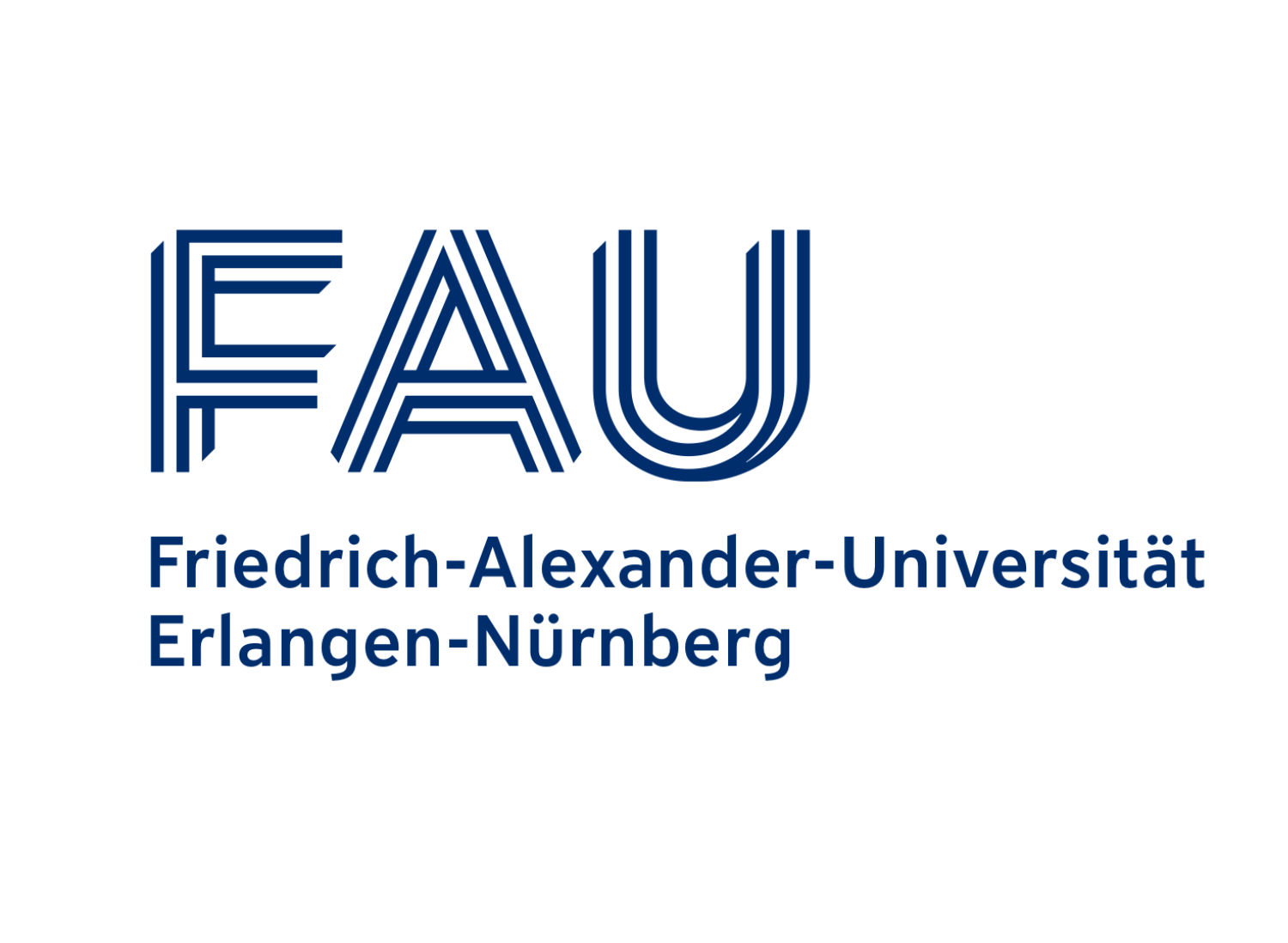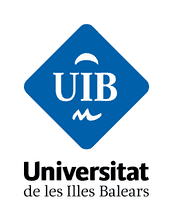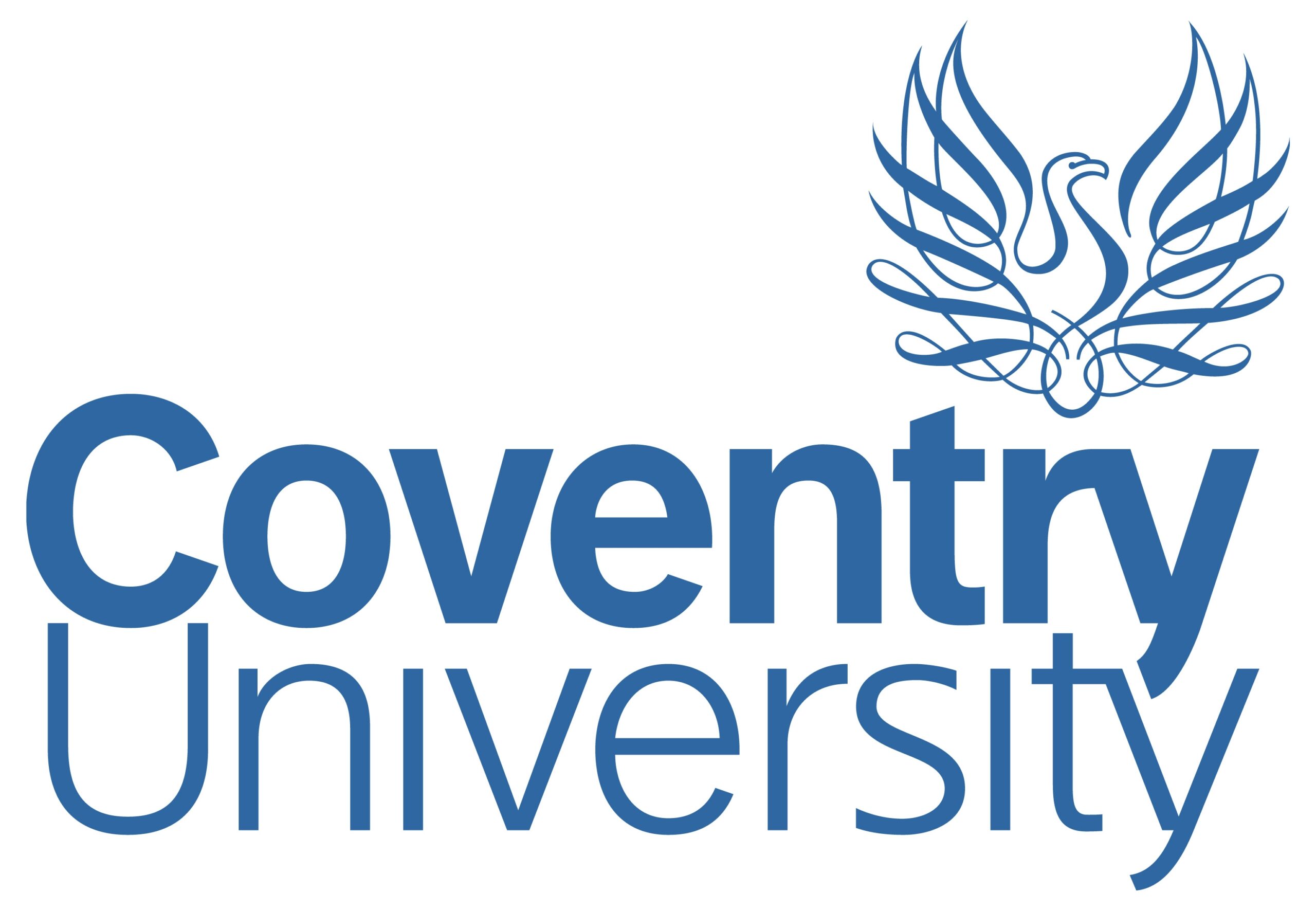UNIVERSITY OF BERGEN
The University of Bergen (UiB) is a young, modern university with about 17 000 students and 3,200 faculty and staff, making it a medium sized European University, with the main campus in the centre of Bergen. UiB has seven faculties: Faculty of Humanities, Social Sciences, Law, Psychology, Mathematics and Natural Sciences, and Fine Arts, Music and Design. The Faculty of Medicine and Dentistry is located at the hospital right outside the city center.
UiB hosts the Centre for the Science of Learning & Technology (SLATE), which is co-funded by the Ministry of Education and UiB. The Centre for the Science of Learning & Technology (SLATE) is a multidisciplinary research and competence centre in the Learning Sciences, with a national and international mandate on the use of data to understand learning and knowledge development.
Visit our website at uib.no.


COVENTRY UNIVERSITY
Coventry University is a forward-looking, modern university with a proud tradition as a provider of high quality education. Named the UK’s Modern University of the Year by Times and Sunday Times (2014, 2015 and 2016) and awarded TEF Gold for outstanding Teaching and Learning, Coventry University has a reputation for excellent teaching and learning, business engagement, innovation and entrepreneurship. Currently ranked 26th University in the United Kingdom (The Guardian University Guide 2021), it was ranked the No.1 UK University in 2019 for student experience by The Times and Sunday Times Good University Guide and recently shortlisted for University of the Year (The Times and Sunday Times Good University Guide 2021).
Coventry University has recently introduced significant changes in its EdTech Ecosystem through a Digital Teaching & Learning Transformation Programme that has, for example, replaced a traditional Virtual Learning Environment with a Learning Experience Platform that enables active learning approaches and community-driven courses. The ecosystem also contains elements that allow students and staff to engage in web publishing, benefit from open badges or be involved in peer-mentoring.
Coventry has been named as number 1 for its Massive Open Online Courses on the MoocLab’s World University Rankings by MOOC Performance 2021. Other initiatives that place Coventry University at the forefront of digital education innovation include its Collaborative Online International Learning programme, which makes it one of the most active universities worldwide in the field of virtual mobility, with more than 170 live projects.
Visit our website at coventry.ac.uk.
FRIEDRICH-ALEXANDER-UNIVERSITÄT ERLANGEN-NÜRNBERG
Founded in 1743, Friedrich-Alexander-Universität Erlangen-Nürnberg (FAU) is now one of the largest research universities in Germany and has an enrollment of about 38.000 students. The five faculties cover the entire spectrum of modern academic disciplines – from humanities, social sciences and theology to medicine, law, economics, sciences and engineering. FAU is ranked as number one in innovation for Germany and second for Europe.
FAU’s motto ‘Knowledge in motion’ is an inspiration and FAU’s principles are focused on ‘Innovation – Diversity – Passion’, connecting research innovation with teaching for all. Since 2017, the four strategic fields of action ‘PEOPLE – EDUCATION – RESEARCH – OUTREACH’ have been defining the central priorities of the University’s future development and providing a framework for its members to develop and achieve their own personal goals.
Visit our website at fau.eu.

UNIVERSITAT DE LES ILLES BALEARS
The University of the Balearic Islands (UIB) was created in 1978 and remains the only publicly-funded Higher Education institution in the Balearic Islands. It is a broad-spanning university which offers 39 Bachelor’s, 33 Master’s and 24 PhD programmes, covering most fields in the Arts and Humanities, Sciences, Health Sciences, Social and Legal Sciences, and Engineering and Architecture. The UIB has over 13,000 students, who are provided for by 1,300 academic staff and 685 administrative and professional services staff.
Show more
The main campus is located in Valldemossa road but it also has some distributed centres across the islands. In particular, the UIB has two off-campus centres in two of the other islands of the archipelago, Menorca and Ibiza.
The UIB is structured into 10 Faculties and 1 Higher Polytechnic School; 3 associated schools; and a network of 30 municipal university centres across the four Balearic Islands. Its 19 departments and 7 research institutes generate 90% of all the research output produced in the Balearics. Consequently, the UIB is one of Spain’s leading research universities.
The UIB was granted ‘Campus of International Excellence’ status in 2011 with the ‘Euro-Mediterranean Tourism and Water Campus’, with the aim of becoming a driving force of sustainable social and economic development based on teaching and research excellence. This has made the Balearics-Girona axis an international powerhouse in the fields of innovative, sustainable tourism and water management in the Mediterranean.
Visit our website at uib.eu.

UNIVERSIDAD DE MURCIA
The University of Murcia (UM) is a one-hundred-year-old institution that traces its origins back to the thirteenth century. It is an international institution and the reference center for higher education in the Region of Murcia. The UM strives for academic excellence and plays a key role not only in research and teaching, but also in the society itself, acting as an essential social engine and as a strategic bridge for science, business and culture in the Mediterranean area. UM is also a pioneer in e-government, with its clearly defined Digital University strategy.
The UM is a public and comprehensive university that offers 54 undergraduate, 70 master and 35 doctoral programs in the fields of Arts and Humanities, Engineering, Health Sciences, Sciences, Social Sciences and Law. The Faculties enjoy international recognition and boast European and international quality certifications. It promotes research and innovation in all areas of knowledge and works closely with national and international businesses and companies. There are 347 research groups and 4 research institutes and centers involved in a wealth of research activities (7000 articles have been published in indexed journals in the last five years according to Thomson Reuters WOS).
The UM has a very diverse student body, with more than 50 nationalities represented on the campuses, thanks to the ERASMUS Program and to specific agreements with universities from Latin America, North America, Africa and Asia.
Students have the opportunity both to pursue intellectual development and to acquire professional skills. Several Libraries with “historical archives”, Sports facilities and Cultural activities are also available, while the Language Center offers courses in 10 different languages, including Spanish.
The UM is also involved in the 2030 Agenda with a special program named 17ODSesiones. Under this program, every school promotes monthly one Sustainable Development Goal to raise awareness of the various goals within the university community and the rest of the region.
Visit our website at um.es.


